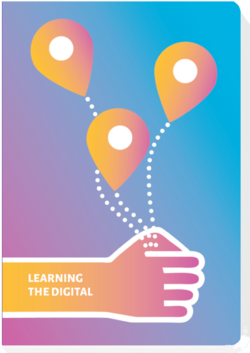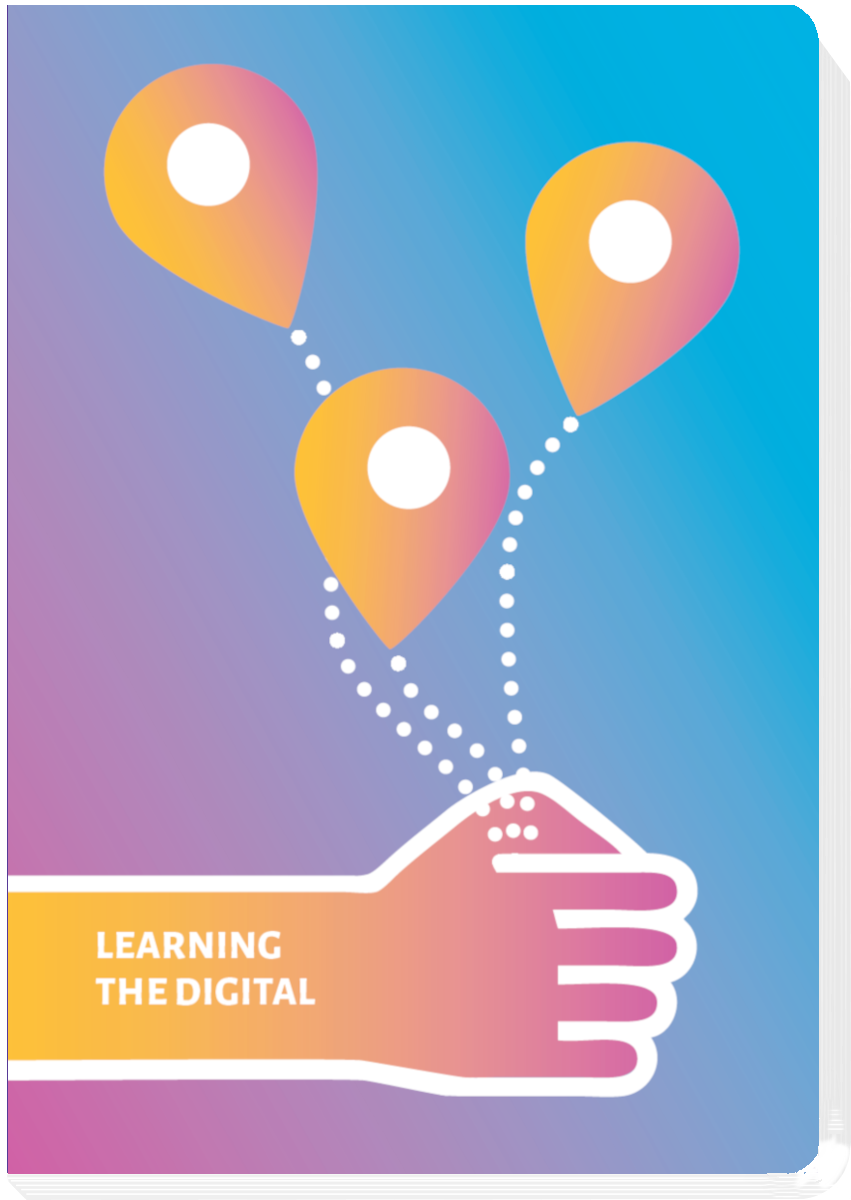Social media can be considered a public space where people socialise. They do not meet basic human needs such as being nourished, but they do trigger psychological self-fulfilment according to the hierarchy described by Abraham Maslow in 1943 [see image 1].
“Liking” is associated with social interaction and “being liked” with a social reward within a social validation feedback loop (see Testimony) while trying to feel part of a group. Unlike with food, humans are never satiated with social approval. The randomness of the rewards work as a positive reinforcement, like when playing with slot machines: the more one scrolls, the more one supposes one will get. Behaviourist B.F. Skinner described it as operant conditioning, a learning process whereby behaviours are reinforced through rewards and punishments.
The Fear Of Missing Out (FOMO) especially among “friends”, adds a sense of urgency and anxiety associated with staying connected. Most social media creators studied psychology, indicating they have the knowledge to exploit these mechanisms in order to maximise the time people spend on their applications. Awareness is key to avoiding addiction, if not conditioning.
Contents
Testimony: The race for attention
In 2017, social media, notably Facebook, came under scrutiny in the USA in regard to their involvement in a Russian operation to influence the 2016 presidential election. Several former executives then “came out” criticizing the company.
Sean Parker, founding president of Facebook in 2004, explained that when Facebook was being developed, the objective was: “How do we consume as much of your time and conscious attention as possible?”
- See the interview (1’11’’) by E. Pandey (2017)
Testimony: Persuasive Techniques
Tristan Harris, former Google design ethicist, delivered a TED talk in April 2017 where he talked about how major technology platforms use persuasive techniques to get people’s attention.
He suggests three “radical changes”:
1. Acknowledge that humans are persuadable.
2. Create new models and accountability systems for social media applications.
3. A design renaissance by replacing controversial timelines with empowering ones.
After quitting Google in 2016, Harris founded the Center for Humane Technology (formerly Time Well Spent) which aims to concretely re-design the digital infrastructure. To raise awareness, the Center produced the podcast “Your Undivided Attention” and took part in the Netflix documentary, “The Social Dilemma”.
- TED Talk by Tristan Harris in 2017: How a handful of tech companies control billions of minds every day
- Podcast: Your undivided attention
- TED Talk by Tristan Harris in 2014: How better tech could protect us from distraction
Read further:
- Reality Lost Markets of Attention, Misinformation and Manipulation, 2019, Springer International Publishing. The book is an analysis by philosophers Vincent F. Hendricks and Mads Vestergaard on the nuts and bolts of the information market, the attention economy and media ecosystem which may pave the way to post-factual democracy. Here, misleading narratives become the basis for political opinion formation, debate, and legislation. To curb this development and the threat it poses to democratic deliberation, political self-determination and freedom, it is necessary that we first grasp the mechanisms and structural conditions that cause it.
- Overview article: Platformisation
- Task: Stagram-Toi
Valentina Vivona
Researcher at the Osservatorio Balcani Caucaso Transeuropa (OBCT), a think tank focused on South-East Europe, Turkey and the Caucasus located in Trento (Italy).
handbook for Facilitators: Learning the Digital
This text was published in: M. Oberosler (ed.), E. Rapetti (ed.), N. Zimmermann (ed.), G. Pirker, I. Carvalho, G. Briz, V. Vivona (2021/22). Learning the Digital. Competendo Handbook for Facilitators.
Created in the frame of the project DIGIT-AL - Digital Transformation Adult Learning for Active Citizenship.








